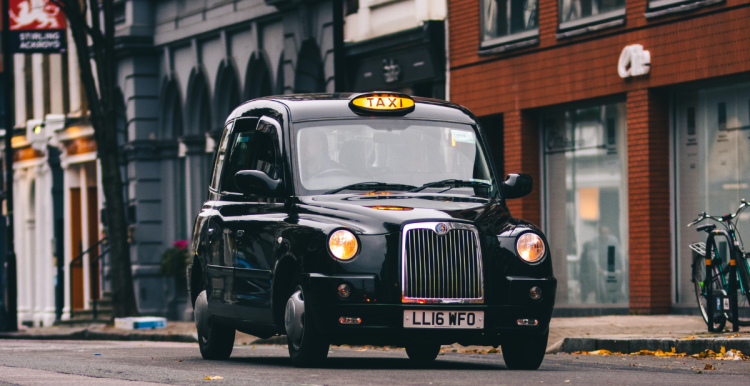What would help to improve health for Sheffield's taxi drivers?

Champions in Achieving Better health in Sheffield (CABS) work with taxi drivers - predominantly men from Pakistani backgrounds - living and working in Sheffield. They knew that people's general health and wellbeing seemed below average, and wanted to know what they and NHS services could do to help improve it. They spoke to 66 taxi drivers as part of this project, through a survey and two focus groups.
People's general health raised concerns
CABS found that lots of people are living a sedentary lifestyle and their work does not make it easy to be healthy - with long hours driving, poor and irregular sleep, and not being able to do much exercise.
Respiratory health is also concern, with high levels of smoking (1 in 3 people, compared to 1 in 10 of Sheffield's general population) and exposure to pollution.
Emotional and mental health concerns were raised too, with people talking about high levels of stress and loneliness.
“I worry often when you hear about another taxi driver having a heart attack on duty. I think will someone find me at the wheel. You're constantly thinking in the taxi your mind is going and it takes a toll on the whole body”
Time is money - so health issues take a back seat
Most taxi drivers are self employed; they are not paid if they are not working. They told CABS they cannot justify taking time out of the busy morning period to phone for a GP appointment - especially when this can mean being in a telephone queue for a long while. People also felt they couldn't prioritise attending GP or hospital appointments, which can take a long time out of their day.
“The time off work needed for appointments and improvements affects me as I am self-employed. It costs too much money”
The support people are offered isn't always appropriate
We heard about a lack of culturally appropriate support - particularly around food and dietary advice. When people are given leaflets about how to manage their weight, or conditions like diabetes, the foods in them do not feel relevant to the way people usually eat, and making healthy changes feels harder.
People would like to see a wider range of healthy choices suggested - including foods from different cultures. Having videos and Urdu translations would make them more accessible too.
“An online platform would be good with videos of how to make the meals we eat healthier, led by someone from our cultural background for family to watch these videos and support our changes”
Exercise has mental and physical barriers
Most of the men CABS spoke to wanted to improve their health through exercise, but the barriers above - time and the cost of things like gym memberships - make this difficult. As well as this, many spoke about low body confidence and self esteem which makes joining a gym or exercising in front of other people feel too daunting. Some people would like to attend fitness groups or social sports sessions with other people in the same situation as them - this could address feelings of loneliness too.
“I don’t know anyone there and I wouldn’t feel comfortable at all. I want to be around people like me with similar conditions, so I don’t feel out of place”
What next?
CABS want to use these findings to expand on their own offer to local taxi drivers, and support them to improve their health and wellbeing. They would also like local NHS services to consider the findings, especially in relation to flexible access to services and culturally appropriate support.
Find out more
You can read CABS' full report on our website, to find more detail about what they did, what people told them, and the changes they would like to see to help improve people's health.


